In 1999, The Nature Conservancy (TNC) partnered with the leadership of the state’s land trusts to form a land trust “Advisory Committee” which became a forum where land trust leaders could network. In 2002, this committee became the Rhode Island Land Trust Council, adopting a strategic plan with a mission statement, goals, and an action plan.
Rhode Island Land Trust Council has:
- become a respected and effective voice for land trusts and the land conservation community in state policy discussions;
- established a strong grassroots network of land trust leaders and partnerships with other organizations;
- organized programs to help land trust leaders learn the latest information and develop skills and strategies to be more effective;
- co-founded (and continues to co-lead) the annual Land & Water Conservation Summit where hundreds of land trust leaders & conservationists network with peers and attend “how to” workshops on all aspects of land and water conservation.
Watch the recording of our 2022 Annual Meeting:
Accomplishments:
Land Conservation Funding
- Secure millions of dollars in Land Conservation Funding through State Open Space Bond Referendums. The Council leads multi-partner campaigns to build legislative support in the RI General Assembly to put these bonds on the ballot that are overwhelmingly supported by voters statewide.
State Policy and Legislation
Advocate for legislation to support land trusts, safeguard protected lands, and prevent the passage of legislation that would be harmful to the work of land trusts.
- Protected state-owned open space land at Big River Management Area by stopping the precedent-setting development of a new state office complex on this conservation land. (2005)
- Stopped the planned sale of the state’s Camp Pastore (purchased by the state in the 1920’s as part of Burlingame State Park) to fund annual state operations. (2007)
- Prompted RIDEM to remove Black Point – a state protected open space land – from site consideration for development of a commercial wind turbine. The state acquired Black Point specifically to protect the unique and scenic shoreline from development to preserve its long-standing use for public recreation. (2009)
- Prompted the RI Agricultural Land Preservation Commission (ALPC) to revise its conservation easement rules and policies to better align with nationally recognized best practices.
- Prompted RIDEM and its Narragansett Bay Training Program to develop a conservation easement handbook and provide training for municipalities that are considering and approving conservation subdivisions. This manual and the accompanying training provided by RIDEM will ensure better protection of open space lands in these subdivisions.
Initiated and successfully promoted the adoption of legislation that:
- Stipulates there can be no net loss of state protected open space land. (Requires the state to mitigate the use of any open space land for development or other purposes with a replacement parcel that has equal market value, natural resource value and size. (2006)
- Requires notification of conservation easement holders as “abutting property owners” during the municipal planning and zoning process when any property with a conservation easement is proposed for rezoning or subdivision. (2006)
- Defends land trusts’ protected lands from adverse possession claims by abutting landowners who encroach on these parcels. (2008)
- Enables Trustees and Executors of Estates to donate a conservation easement not specified in a will and, thereby, benefit from federal estate tax incentives. (2009)
- Expands the real estate sales disclosure required by people selling a property protected by a conservation easement. (2009)
- Exempts land trusts from a costly state-required CPA audit that was triggered if a land trust received a donation of a property or conservation easement worth more than $500,000. (2009)
- Explicitly authorizes the Attorney General to enforce and defend conservation easements and enables land trusts to recoup the legal costs they incur when they defend a conservation easement against violations. Rhode Island is only the 8th state in the country with this explicit authority for the state Attorney General. (2010)
- Establishes a system of checks and balances to protect conservation easements from amendments that would be detrimental to the natural resource values the easement is written to safeguard. Proposed amendments must now be reviewed by the court. This legislation also clarifies that conservation easements are not terminated by merger or if there is a foreclosure on a property protected by a conservation easement. (2011)
- Helps to defend non-profit land trusts from “third party” lawsuits that are filed by neighbors of land that is protected by a land trust’s conservation easement. (2012)
- Requires timely notification of conservation easement holders when an agency is considering/proposing condemnation of a property that is protected with a conservation easement. (2013)
